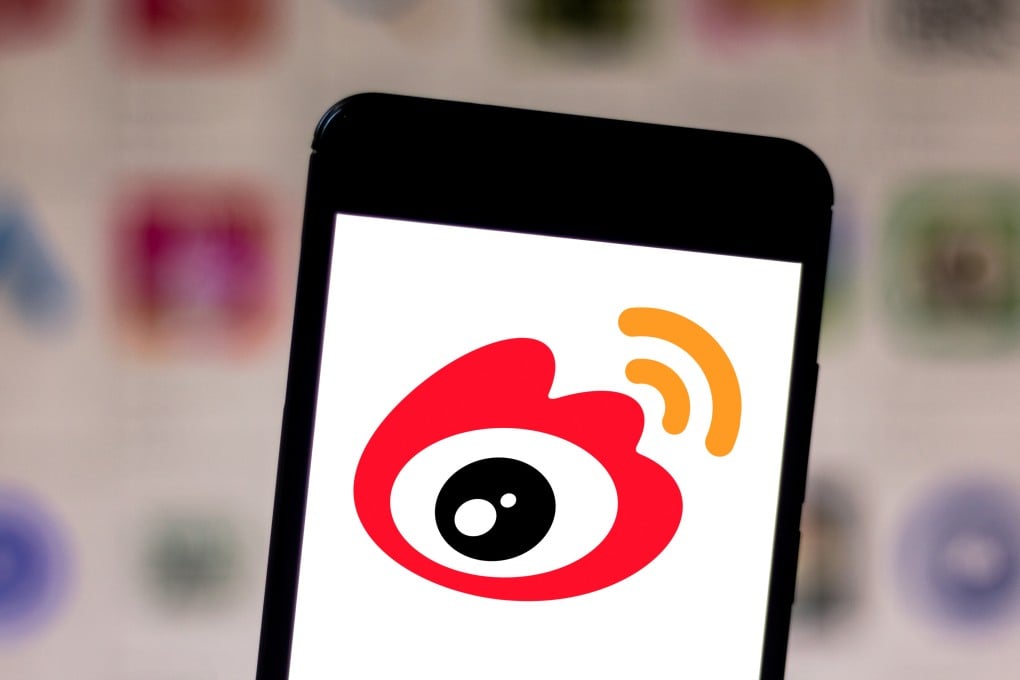Weibo vows to regulate homonyms, ‘misspelt’ words if they are used to evade China’s strict censorship
- As certain keywords are often censored, homonyms and ‘misspelt’ words have long been used by Chinese internet users to evade the country’s strict censorship
- Some users are using ‘Helan’, two Chinese characters that mean the Netherlands in English, to discuss the bank protests happening in China’s Henan province

China’s popular social media platform Weibo is cracking down on the use of homonyms and deliberately misspelt words to evade the country’s strict online censorship.
The Twitter-like service said in a Weibo post on Wednesday that it would launch a campaign to regulate “the illegal behaviour of using homophone characters, variants of words, and other ‘misspelt words’ to spread harmful information”.
“We will strengthen the platform’s mechanism of language [wording] supervision, and will refine the keyword identification model,” the post said.
The move comes as Chinese regulators ramp up ongoing efforts to “clean up” the country’s cyberspace. As certain keywords are often censored, homonyms and “misspelt” words have long been used by Chinese internet users to evade strict censorship.
This week, for example, some users are using “Helan”, two Chinese characters that mean the Netherlands in English, to discuss the bank protests happening in China’s central Henan province. As discussions on the topic are strictly censored, in the new language system created by internet users, Zhengzhou – the capital of Henan province – becomes Amsterdam, with some asking on Weibo, “What’s the latest situation of the Netherlands’ Amsterdam bank?”
Since April, hundreds of thousands of people across China who deposited money in four rural banks based in Henan have been trying to get their funds back, generating wide attention in China.
In particular, “Helan” has been a useful meme in Henan province because of the tradition of Mandarin speakers in southern China to confuse the pronunciation of “l” with “n”, hence Henan becomes “Helan”.
Chinese characters can also be split up into their component parts in an attempt to avoid detection by censors. For example, Li Peng, who was the Chinese Premier during the 1989 Tiananmen Square crackdown, is often written on Chinese blogs as five Chinese characters instead of two.